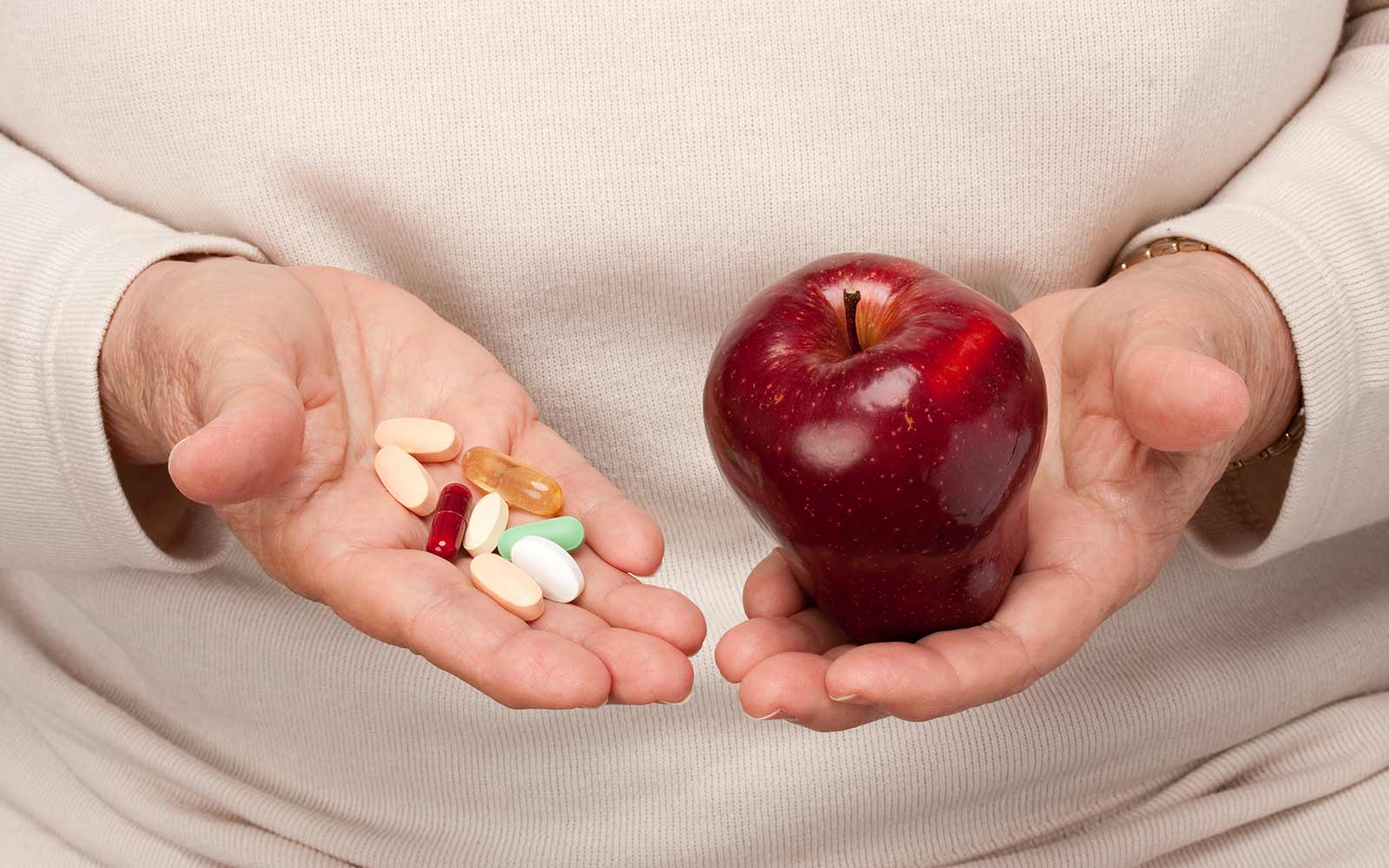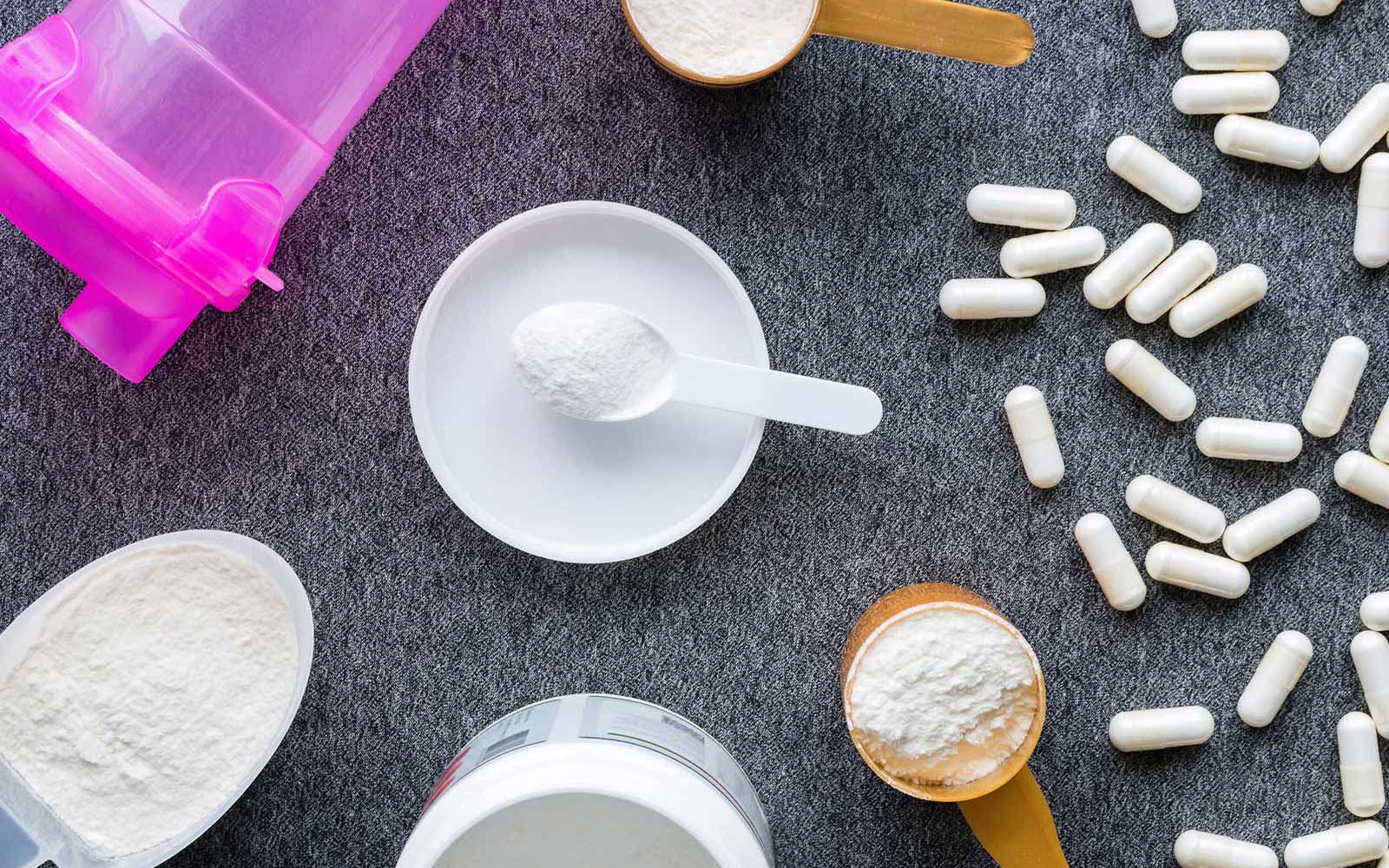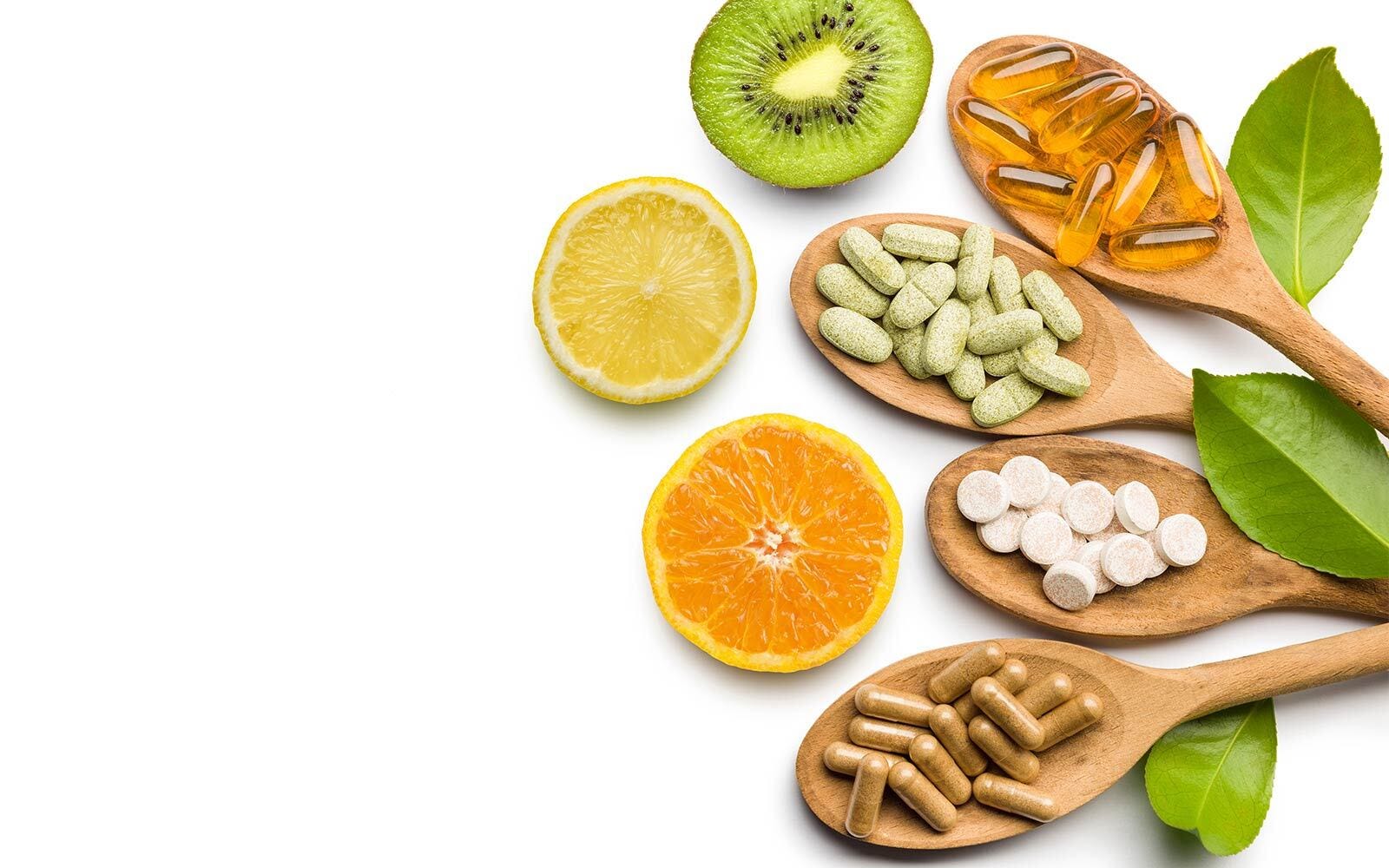Vitamins and Supplements - Is there a Difference?
Vitamins and supplements often go hand-in-hand, but are they really just the same thing? Well, yes and no.

For many people, vitamins and nutritional supplements can be a part of a healthy lifestyle to be used in conjunction with a balanced diet and regular exercise. In conversation, nutritional supplements and ‘vitamins’ often go hand-in-hand. But did you know there’s a difference between vitamins and supplements?
Vitamins are organic substances (micronutrients) needed in small quantities for our bodies to function effectively. They are generally not able to be synthesised by the body, so must be obtained through diet.
But when your diet is lacking the essential vitamins needed for good health, nutritional vitamin supplements can assist. Supplements consist of vitamins and minerals which can be naturally or synthetically derived, and are taken orally to help complement dietary intake.
Both vitamins and supplements can help your body to help maintain healthy vitamin and mineral levels, therefore helping support your body to function better.
Vitamins vs Minerals
Vitamins and minerals are micronutrients our bodies need to carry out their regular functions. But as we don’t make them in the body, we have to get them either through food or dietary supplements.
But what’s the difference between vitamins and minerals?
Vitamins can be fat-soluble or water-soluble. Fat-soluble vitamins dissolve in fat and can accumulate in our bodies and are better absorbed when taken with food. Fat-soluble vitamins include:
Water-soluble vitamins must dissolve in water before our bodies can absorb them. They can’t be stored by the body, so we need to ensure we have them regularly. These vitamins, if unused, are lost through urine.
Water-soluble vitamins include:
-
B complex vitamins, including B6, B12 and folate
Minerals are elements found in soil and water, as well as some foods, which we can consume, or take as a supplement. Our bodies need minerals to function effectively. They include:
Did You Know?
To get enough vitamins and minerals from diet alone, it’s important to eat a wide variety of unprocessed foods.
People who may need supplements include:
-
pregnant and breastfeeding women
-
people who smoke, drink alcohol excessively, or take medications.
-
those on strict diets, including some vegetarians and vegans
-
the elderly
-
those with food intolerance
-
healthy growing children and adolescents
-
people with a busy, active lifestyle
-
to complement an exercise routine
-
people wanting to support different functional areas of the body, i.e. hair skin & nails, brain health etc.
Always read the label and follow the directions for use.
What About a Healthy Diet?
When it comes to vitamins and nutrition, it’s important to know that vitamins and supplements can’t replace a healthy diet. But you may benefit from a supplement if your diet is inadequate, which could include one or several vitamins and minerals.
To read about which supplement may help you, read our article, "What Health Supplements do I Need?"



